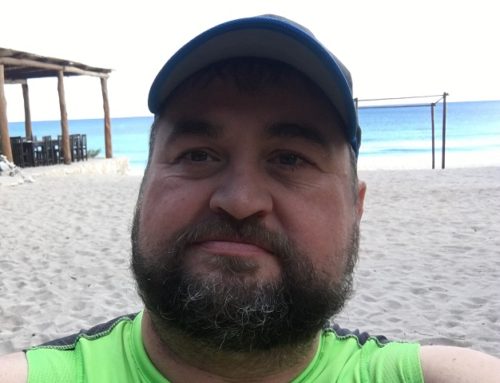Let’s start from the beginning!
Search Engine Optimization (SEO) is “the process of affecting the visibility of a website or web page in a web search engine’s unpaid results….” Why should you care about SEO? Generally, the higher a site appears on a results page, the greater the number of visitors. Increased visitors should result in more customer conversions. More customer conversions make you the hero!
However, SEO can be quite complex, and experts can quickly escalate a conversation, throwing words around that can intimidate the best of us: search engine algorithms, spiders, crawling, white hat and black hat SEOs, and spamdexing to name a few. Also, SEO has also changed over the years. Most recently, search engines have worked to create procedures to decrease the impact of manipulation and to increase the chances of truly relevant information being generated by a search. And that’s what we want to do –work to get OUR relevant information in front of OUR potential learners.
Enough background.
Let’s simplify, synthesize, and identify the things a CE program planner can do to help searchers find your site.
CE Products
- Do you even know where your organization appears on a search results page? Experiment with a few searches. Be sure to include in your search popular and not-so-popular courses. If you aren’t appearing on the first page, there’s room for improvement!
- Use relevant words in your product title. By “relevant” I mean words your learner would use to search for that course. Using relevant words in a title is a best practice in titling your products without regard to SEO. A good test is to ask yourself the question, “Can your learner making a purchasing decision based on the title?”
- Provide unique short and long descriptions for each product. Again, use relevant words your learner is most likely to search to find the product. If there are multiple relevant terms that could be used, mix it up! Use synonyms in your descriptions.
- Title your pages. Search engines use page titles as a primary factor in ranking key words. “Most SEO consultants would agree that when it comes to the scale of importance in optimising a website for search engines, proper SEO for page titles only comes behind having good content on your site and having people link to your site.” Page titles are short descriptions of the page. InReach provides default page titles, so all you must do is ask your CSM to turn on that feature. If you want, you can also change the default page titles.
- Use social media. By using social media, you become “dynamic, engaged, and interactive” with your marketplace. Search engines are responsive to likes, shares, and followers. Build your online presence by using these tools actively. Post the availability of new courses on social media. Have a speaker write a blog about your CE offerings for the year, and post it! Have speakers offer substance about a topic and include a link to the program on social media. Urge your registrants to use the social media options in the InReach product to let others know they have registered for a course. Maybe you can offer a discount coupon to that post for you!
Again, this a simple approach and a good place to start with SEO. Know that InReach is always looking forward to help you stay ahead of the curve, and we will always be thinking about what you need to succeed today and every day going forward.
Resources
https://en.wikipedia.org/wiki/Search_engine_optimization
http://www.seomark.co.uk/seo-page-titles/
http://www.socialmediatoday.com/content/6-reasons-social-media-critical-your-seo






